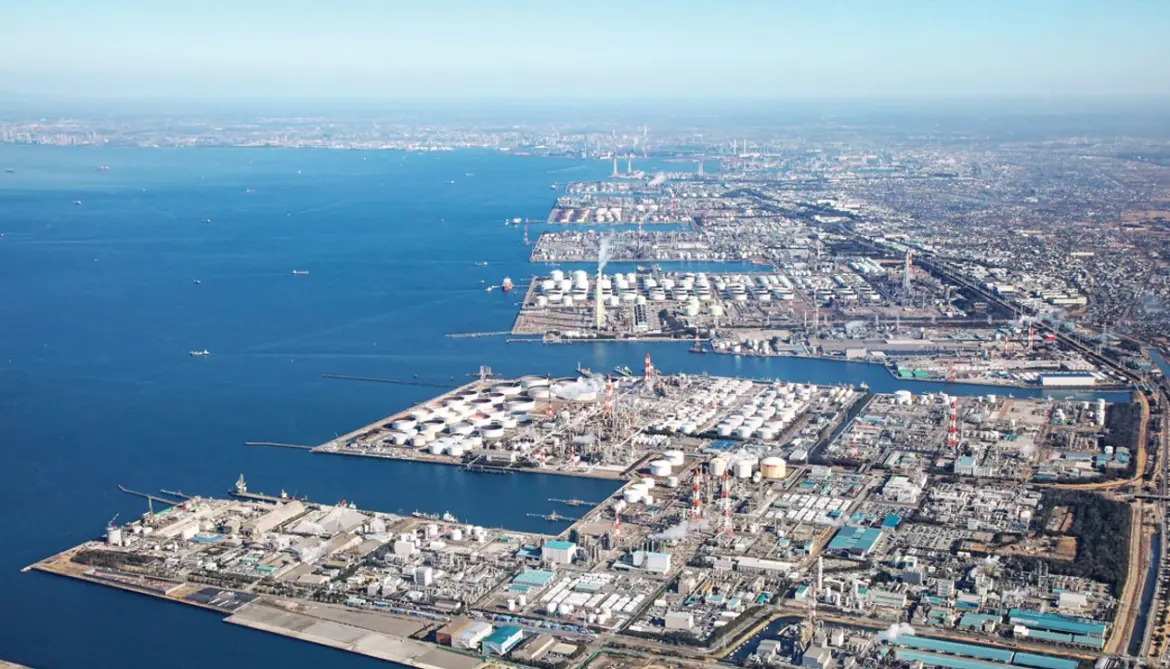Japan’s petrochemical industry is undergoing a sweeping transformation in response to mounting pressure from China’s massive capacity expansions and persistently low operation rates in domestic plants. In the latest development, Mitsui Chemicals, Sumitomo Chemical, and Idemitsu Kosan have announced plans to merge their polyolefin businesses by April 2026.
The integration centers on Prime Polymer, a joint venture owned 65% by Mitsui and 35% by Idemitsu. Under the plan, Sumitomo will transfer its polyolefin-related assets to Prime Polymer and acquire a 20% stake in the entity. After the transaction closes, ownership of the venture will be 52% by Mitsui, 28% by Idemitsu, and 20% by Sumitomo. The deal remains subject to antitrust clearance and other regulatory approvals.
Combined sales from the businesses were about $2.6 billion in fiscal 2024; annual production capacity is 1.59 million metric tons (t) for polypropylene and 720,000 t for polyethylene. The new entity will command roughly 30% of the Japanese polyolefin market, according to figures from the Japan Petrochemical Industry Association. The companies aim to achieve annual cost savings of about $55 million through operational efficiencies.
The deal comes as China’s aggressive petrochemical build-out continues to ripple across Asia, squeezing margins and utilization rates in neighboring markets. Japan’s ethylene operating rate has remained below 70% for 5 consecutive months through July, the association reports.
In response, Japanese firms are ramping up efforts to collaborate and rationalize assets. Idemitsu has announced that it is shutting its ethylene facilities in Chiba and consolidating production with Mitsui. Maruzen Petrochemical is also shuttering its Chiba plant and shifting output to a joint venture with Sumitomo.
Further consolidation is underway: Eneos plans to streamline operations at its Kawasaki site, while Mitsui, Asahi Kasei, and Mitsubishi have formed a limited liability partnership to restructure facilities in Osaka and Okayama.
In a separate move, Mitsui revealed in May that it is exploring spin-offs and external partnerships for its petrochemical division—a signal that Japan’s industry overhaul is entering a decisive phase.
Masanori Kawakami, a chemical consultant specializing in petrochemicals, views the new polyolefin merger as a sign of deeper structural shifts. “We’ve seen polyolefin mergers before, primarily aimed at curbing excessive domestic competition,” he says. “But this time, the consolidation is unfolding against a backdrop of dramatic global expansion—particularly in the US and China.
“Given the scale of change, it’s highly likely that similar restructuring will emerge among other players in the sector,” Kawakami adds.
Chemical & Engineering News
ISSN 0009-2347
Copyright ©
2025 American Chemical Society


AloJapan.com